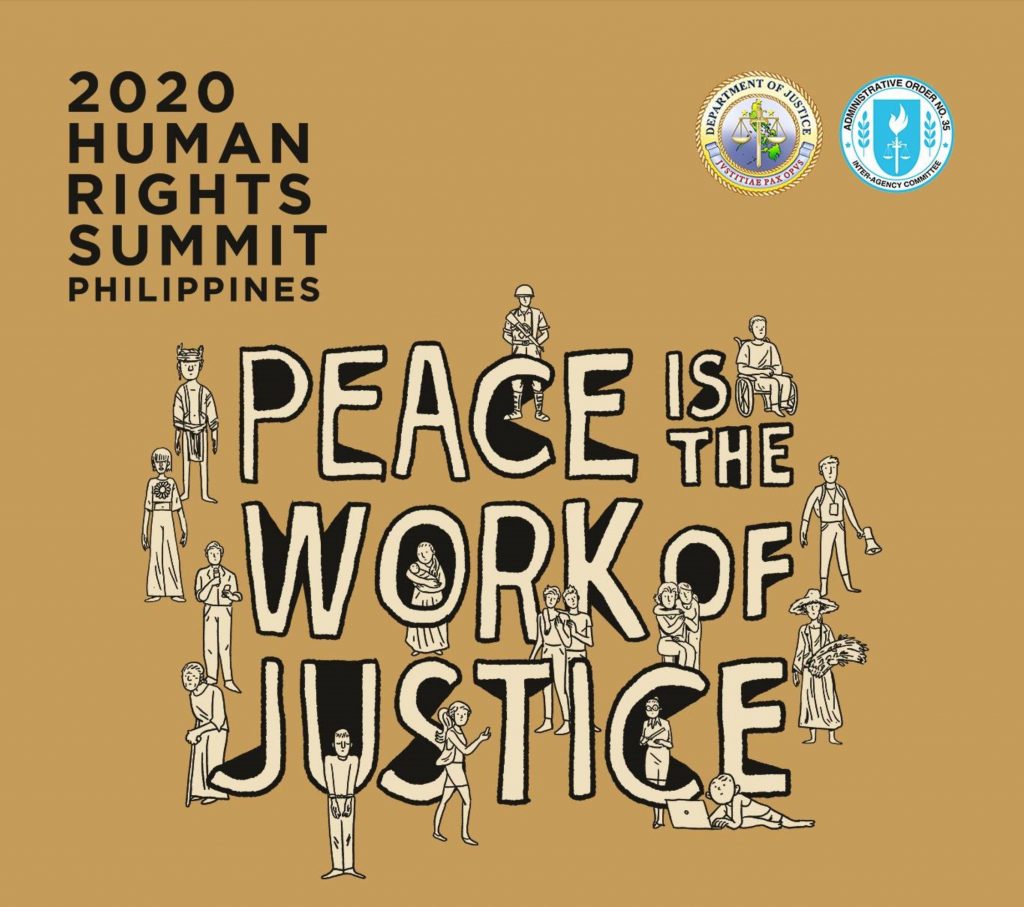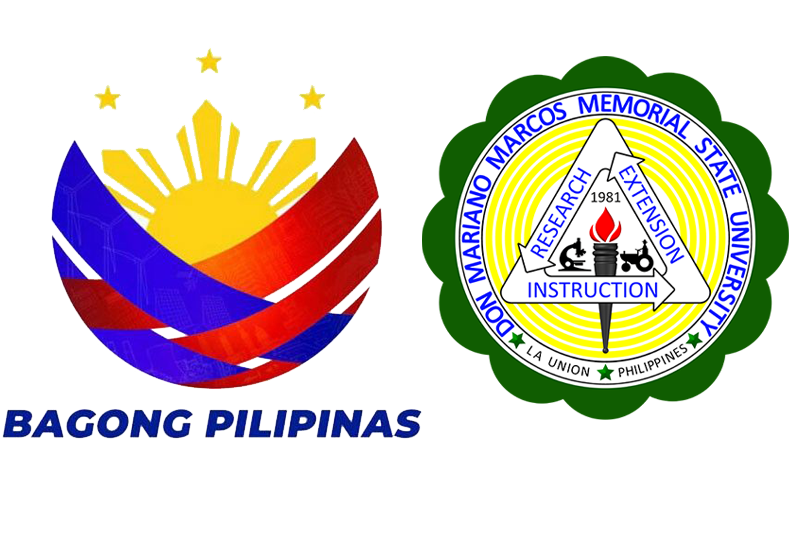
Dr. Venelyn L. Bersamira, Division Chief for NARTDI General Administrative and Support Services; and Ms. Rolyne Mae C. Pajarillo, University Research Associate, joined in the Human Rights Summit 2020 which was virtually held on December 7, 9, and 10, 2020 via Zoom. With the theme “Peace is the Work of Justice”, the event was hosted by the Department of Justice (DOJ) as part of the Philippines-United Nations Joint Program on Human Rights and the observance of Human Rights Consciousness Week.
‘Building a culture of human rights: Mainstreaming human rights education’ was the focus during the first day of the webinar. It aimed to promote and enable the integration of values in all aspects of decision-making and interaction, to foster social order and justice and build a universal human rights culture.
The following were the presentations and panellists during the first day:
- Mainstreaming Human Rights Education and its Value in Building a Culture of Human Rights by Atty. Francis Tom Temprosa, Director IV, Human Rights Education and Promotion Office, Commission on Human Rights;
- Approaches to Human Rights Education by Atty. Ray Paolo J. Santiago, Executive Director, Ateneo Human Rights Center, Ateneo de Manila University School of Law;
- Integrating Human Rights Education in Basic Education: Efforts in Implementing the GMRC and Values Education Act and Child Protection by Atty. Percival Nicholas C. Tan, Legal Officer, Department of Education, Schools Division of Ilocos Sur;
- Human Rights-Based Approaches in Building Capacities of Prosecutors and Investigators: The Value of Human Rights Education to Prosecutors and Investigators by ASP Gino Paolo S. Santiago, Head, Administrative Order 35 Secretariat, DOJ; and
- DOJ Advocacy Efforts in Raising Awareness on Human Rights by Atty. Ma. Yvette T. Coronel, Deputy Executive Director, Inter-Agency Council Against Trafficking Secretariat, DOJ.
Atty. Temprosa emphasized that human rights education (HRE) targets the cognitive and behavioural levels of a person because HRE has a powerful enabling policy and legal framework at the national and international levels. Knowledge, skills, values, attitudes, behaviours and actions are needed to address issues and concerns relating to human rights (HR). Atty. Santiago discussed the formal and informal approaches in discussing HR-related issues. For him, in order to understand human rights, “there is a need to go down to the people to listen and for them to be heard.” He ended his presentation by sharing that “a human rights advocate must also be a teacher and the most effective way of empowering the oppressed is by educating them of their rights.”
On the other hand, Atty. Tan elaborated the child protection policy which covers the convention on the rights of the child and family code of the Philippines, while ASP Santiago shared that learning about human rights is knowledge, learning for human rights is the skill, and learning through human rights is the value attached to it. The fifth panellist, Atty. Coronel, discussed the different strategies of the DOJ in raising people’s awareness on HR concerns such as the obligations to identify, support and protect victims of trafficking, among others.
Amidst the COVID-19 pandemic, DOJ Undersecretary Emmeline Aglipay-Villar emphasized that one of the importance of conducting the human rights summit is for participants to recognize why it should be done but more importantly, how we should do it effectively. (RMPajarillo)




